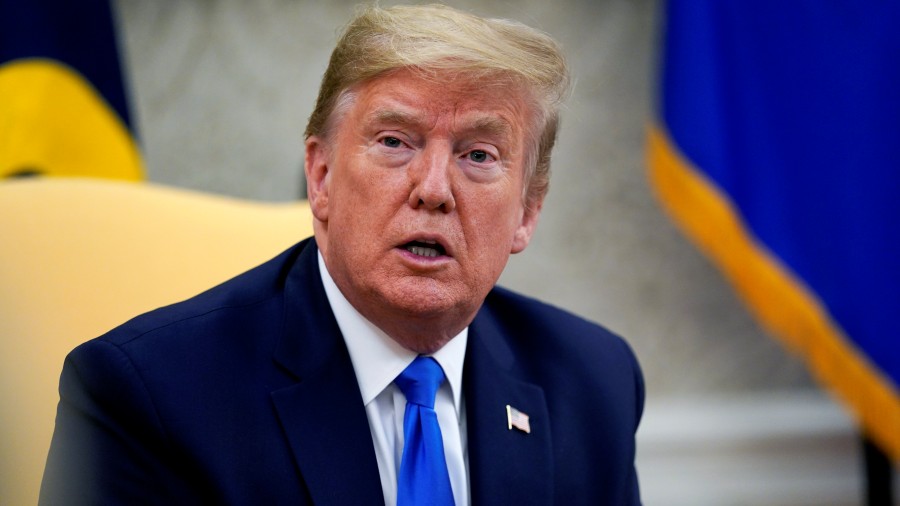The justice department asked to search President Donald J. Trump’s Florida residence after retrieving an initial batch of highly classified national security documents, out of concern that their disclosure could compromise “clandestine human sources” used in intelligence gathering, according to a redacted version of the affidavit used to obtain the warrant.
The affidavit — including more than three dozen pages of evidence and legal arguments presented by the justice department’s national security division plus supporting documents — describes the government’s months-long push to recover highly classified materials taken from the White House by a former President who viewed state documents as his private property.
The heavily redacted affidavit was released on Friday, 18 days after FBI agents descended on Trump’s Mar-aLago residence and private club with a court-authorized search warrant and carted off additional material marked as classified.
Under orders from the judge in the case, Bruce E. Reinhart, the justice department had proposed extensive redactions to the affidavit in an effort to shield witnesses from intimidation or retribution.
The government did so to protect the broader integrity of its inquiry into whether Trump had violated the Espionage Act and other laws by willfully retaining national security records that he was required to turn over to the National Archives.
The search, the affidavit reveals, was prompted by an intensive FBI review of an initial 15 boxes of materials that Trump turned over to the archives in January. In those boxes, they found a total of 184 documents with classification markings, including 25 marked “top secret”.
But agents were most alarmed to discover that many of the materials included the highest national security restrictions, requiring they be held in controlled government storage facilities, and barring them from ever being shared with foreign governments, to protect “clandestine human sources” employed by the intelligence community to collect information around theworld, according to the documents.
The affidavit does not disclose the nature of the material or why Trump chose to retain it.
Those concerns, and the continued unwillingness of Trump to return sensitive documents that the archives knew remained in his possession, prompted the department’s leaders to move quickly, according to officials.
The redactions, which blanket about half of the affidavit, covered many of the most sensitive details of the justice department’s investigation; whole swathes of the filing are blacked out, including most of pages 11 to 16.
Asa result, there are limited references to the witnesses or investigative methods that led to the findings laid out by lawyers with the department’s national security division, who persuaded attorney-general Merrick B. Garland to sign off on the request for a search.
New York Times News Service











